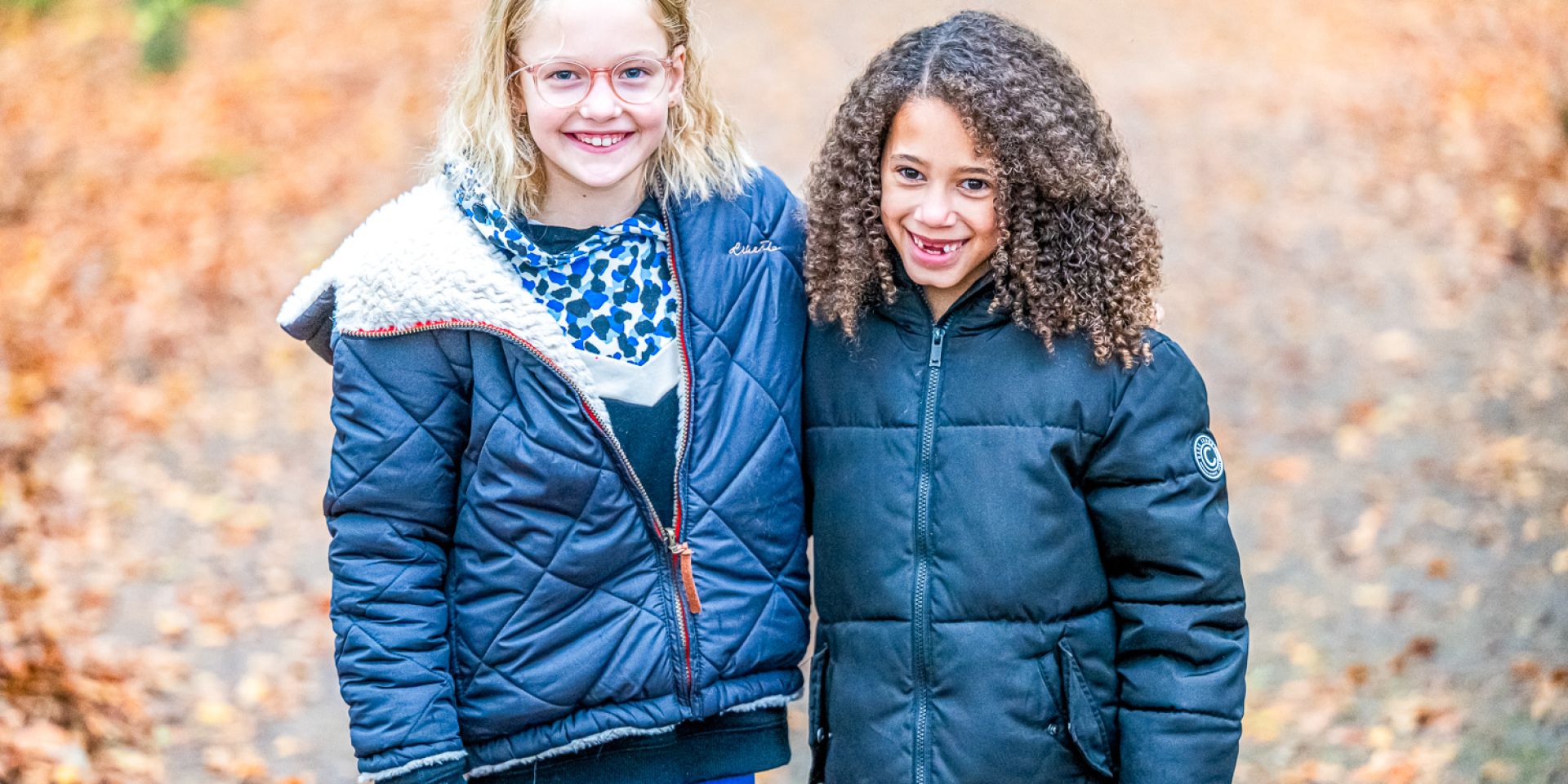
SoVaTass
How can health professionals harness the potential of digital applications to motivate children with ASD to develop their social skills?
In the first stage of this research study, three digital games were developed to enable children and young people with autism to practise social skills. We are now working on a type of therapy that uses these games. Our goal is to research the contribution that the games make.
Background
When treating children with autism, efforts often target social skills training. However, scientific research has shown that such training in communicative and social skills has limited effect. Children with ASD often lack the motivation to undertake the training and to complete all the exercises. In addition, we found that children do not necessarily apply what they have learned and practised during training to their everyday lives.
The research study
The SoVaTass project team worked together with children, parents and practitioners to develop three digital games that help to teach social skills:
- A website where you create a comic strip about yourself, covering your strengths and the things you struggle with.
- The Island game - a game that requires all sorts of social skills in order to advance.
- An escape room game, in which children have to work together using separate touchscreens to solve the puzzle.
We developed these games together with children with autism and evaluated every step with the children, their parents, practitioners and schools. We also defined what is required for the games to be usable in practice.
The next step in the research study is to develop a type of therapy that uses the games and to investigate what the games contribute.
Together with practitioners, we are now exploring how we can use the games to treat children with autism.
Collaboration
For this study, Accare is collaborated with the following research groups: Youth Care and Care & Innovation in Mental Health at NHL Stenden University of Applied Sciences, User-Centred Design at Hanze University of Applied Sciences, and ICT Innovation in Care at Windesheim University of Applied Sciences. We also collaborated with various institutions in the Northern Netherlands (Kinnik and Mental Health Services (GGZ) Drenthe), schools in the Northern Netherlands (JJ Boumanschool, De Caleidoscoop, Obs Meander, Professor Wassenbergh skoalle), Rob Giel Research Centre (RGOc), the University of Groningen, and the national knowledge centre for Child and Adolescent Psychiatry. The digital applications were developed by 8Dgames.
